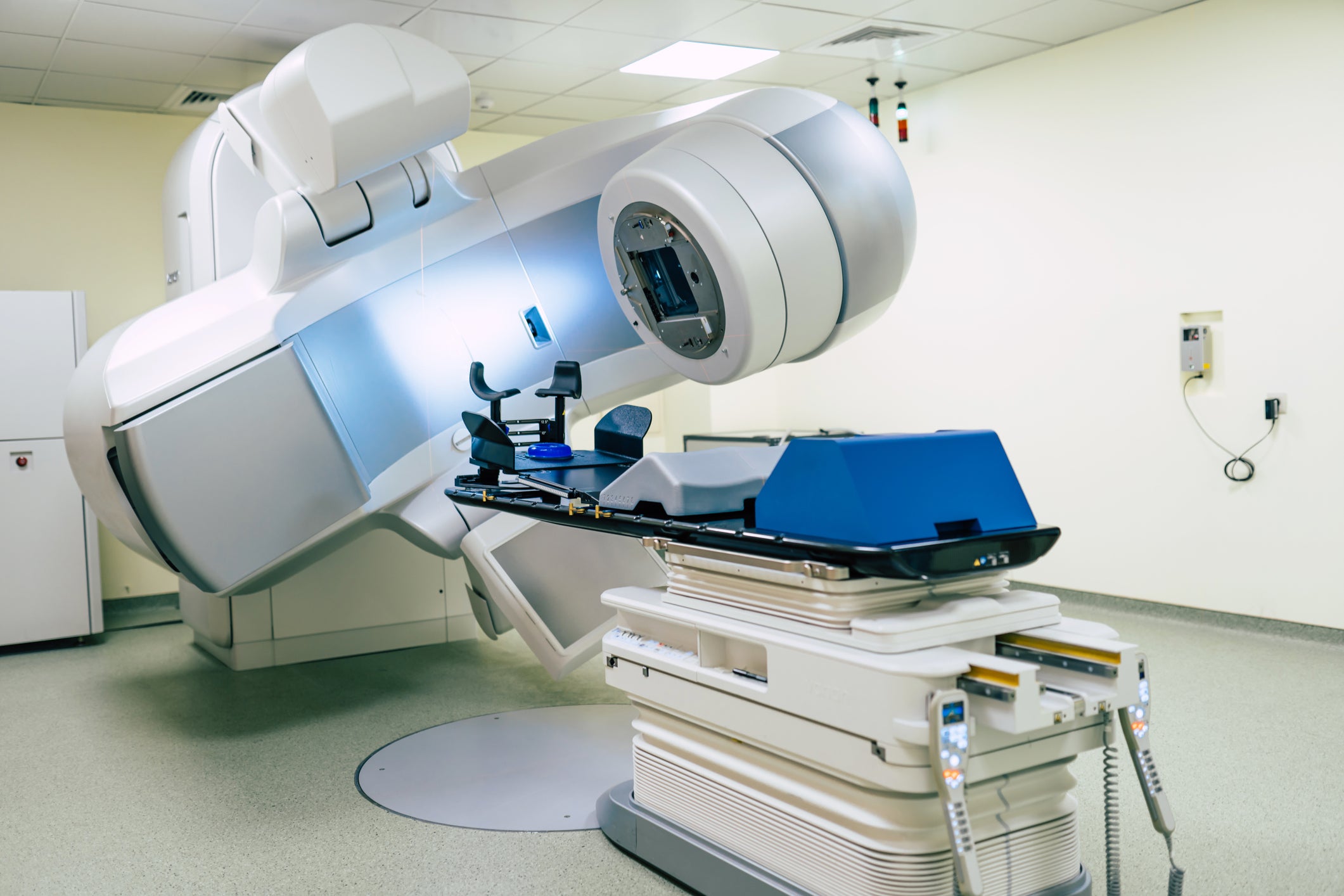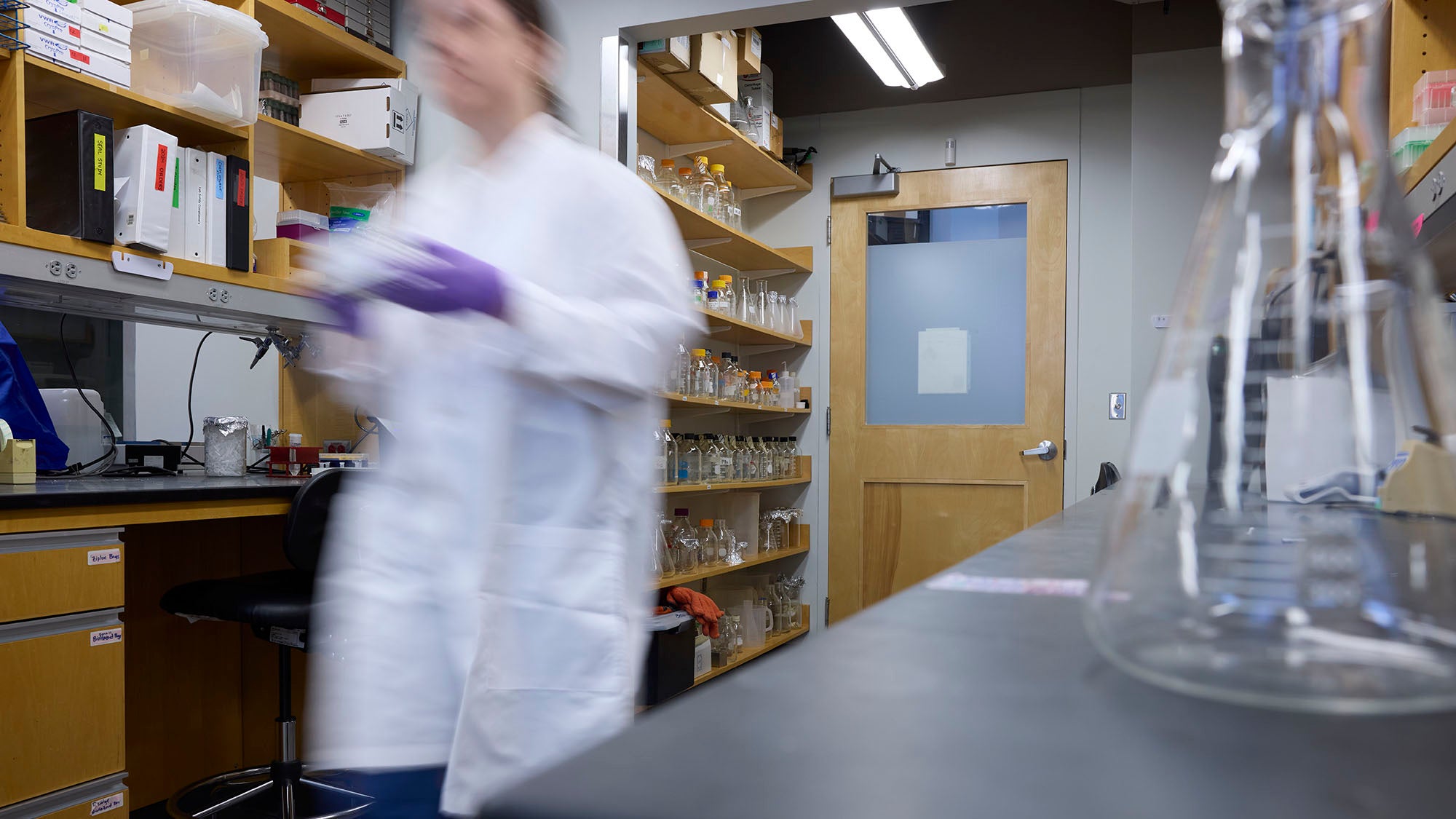A powerful methodology to guide health decision-making

September 21, 2023 – At the beginning of the COVID-19 pandemic, time was of the essence to develop and distribute vaccines. For instance, in Israel, as soon as a clinical trial showed that the Pfizer vaccine prevented symptomatic COVID-19, public health officials gave the green light for a mass vaccination campaign. But because the clinical trial included a relatively small number of people, it left many crucial questions unanswered—for example, whether the vaccine prevented severe COVID-19 or had rare side effects.
That was where researchers from Harvard T.H. Chan School of Public Health’s CAUSALab came in. Working with colleagues at Israel’s Clalit Research Institute, they rapidly analyzed real-world observational data from people in Israel in a way that emulated a randomized trial. The researchers demonstrated that the vaccine worked to reduce hospitalizations and deaths, and was safe. CAUSALab researchers went on to use the same methodology—called causal inference—in performing other COVID vaccine studies in the U.S., England, and Spain.
Launched in 2021, CAUSALab brings together 14 epidemiology faculty members across Harvard University, Boston University, and the University of Pittsburgh. Working collaboratively, they apply causal inference methods to compare the effectiveness and safety of health and policy interventions in a broad range of areas, including infectious diseases, cardiovascular diseases, cancer, mental health, and pregnancy. In addition to advancing causal inference research, the lab offers training opportunities and free software to researchers around the world.
“We do research with a laser-focused goal on policy and clinical guidelines. Our goal is to transform data into evidence to support decision making in health,” said Miguel Hernán, Kolokotrones Professor of Biostatistics and Epidemiology and CAUSALab director. “It can be decisions made by patients or by doctors or by health policy officers or ministers of health. It’s any decision in which you have two or three or four courses of action that could be followed, and you want to know what the expected outcome is before choosing a course of action.”
The right data, the right analysis
When trying to figure out whether a treatment works, the ideal study design is a randomized trial—assigning patients at random to receive the treatment or not, and then comparing their outcomes. However, such trials may not be technically feasible, ethical, or timely enough to make clinical or policy decisions. In these situations, researchers can apply causal inference methodology to observational data in an attempt to emulate a randomized trial.
CAUSALab researchers use large nationwide databases, such as electronic health records and insurance claims, to answer a variety of questions, including which drug regimen is the best for treating HIV, how often cancer screenings should be performed, and what the most effective strategies are for preventing suicide.

“We don’t specialize in a single area of medicine. If a question is important for health and we have good data, we just go for it. We are very opportunistic in that sense,” Hernán said.
Hernán noted that having high-quality data is not enough—researchers also need to analyze data correctly to avoid biased results. For example, in the 1980s and 1990s, observational studies found that the risk of heart disease was lower in post-menopausal women using hormone therapy. However, a subsequent randomized trial showed that, in fact, hormone therapy increased the risk. Hernán and his colleagues analyzed the observational data and showed that if the earlier studies had used the correct causal inference methods, they would not have reached the wrong conclusion.
“Many biased results in health research are self-inflicted,” he said. “We are in the business of preventing the type of research disasters that happened in the past because of a bad use of the observational data.”
Influencing clinical decisions for cancer
Cancer is a major focus area for CAUSALab. Led by Barbra Dickerman, assistant professor of global cancer prevention, researchers investigate a range of topics to help doctors make the right decisions for their cancer patients.
For example, observational studies from the past decade or so suggested that patients who took statins, which are drugs used to treat heart disease, had around half the risk of cancer. However, randomized trials showed that there was no such effect, suggesting that statins should not be used for cancer prevention. To resolve the discrepancy, Dickerman and her colleagues analyzed a U.K. national database of electronic health records and found that using causal inference methods would have resulted in the correct conclusion found in the randomized trials.
“This was an important case study to show how you can run into major bias simply by applying the wrong analytic methods to observational data,” she said. “It also proposed a better way forward that may serve as a model for investigators who use electronic health records for cancer comparative effectiveness research.”
Another study by Dickerman showed that, unlike previous analyses suggested, the drug metformin—typically used to treat diabetes—does not lower the risk of cancer. Currently, she is investigating the optimal screening strategy to detect prostate cancer early.
“We’re continuously expanding this framework to different cancer control questions,” she said. “That adaptability lets us respond to emerging challenges and questions in the field quickly as they arise.”
‘Taking over the world’ with causal inference
In addition to performing research, CAUSALab trains researchers around the world in the best practices for causal inference.
“We joke about our goal of taking over the world by making sure that everybody is aware of the improvements in the methodology for causal inference in the last few decades. They are not yet as widely adopted as they should be for the benefit of everyone’s health,” Hernán said.
CAUSALab’s Kolokotrones Symposium, held one to two times a year, convenes experts to discuss topics such as the effectiveness and safety of cardiovascular medical devices, suicide prevention, and COVID-19 interventions. Additionally, CAUSALab hosts monthly seminars in collaboration with the Karolinska Institutet.
CAUSALab also holds popular courses during the summer, both in person and virtually. In 2023 alone, around 450 researchers from 33 countries participated, representing over 100 organizations across academia, industry, and government.
“The courses are not just about causal inference theory—they’re about being able to apply these concepts effectively in real-world scenarios. That’s why we emphasize a hands-on approach,” Dickerman said. “That’s our ultimate goal—to equip participants with the tools and the knowledge that they need to derive these actionable insights from data, and then go back and put these concepts into action in their respective fields.”
– Jay Lau
Photo: iStock/Urupong


